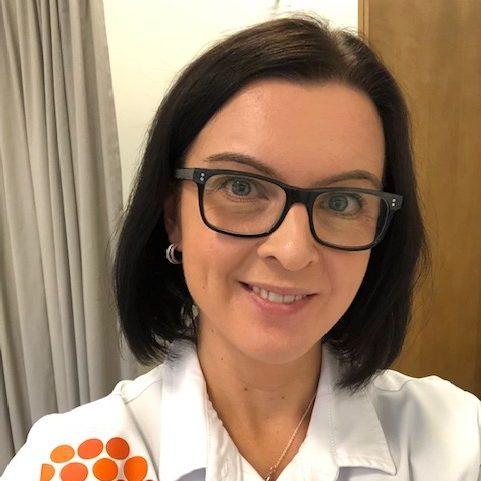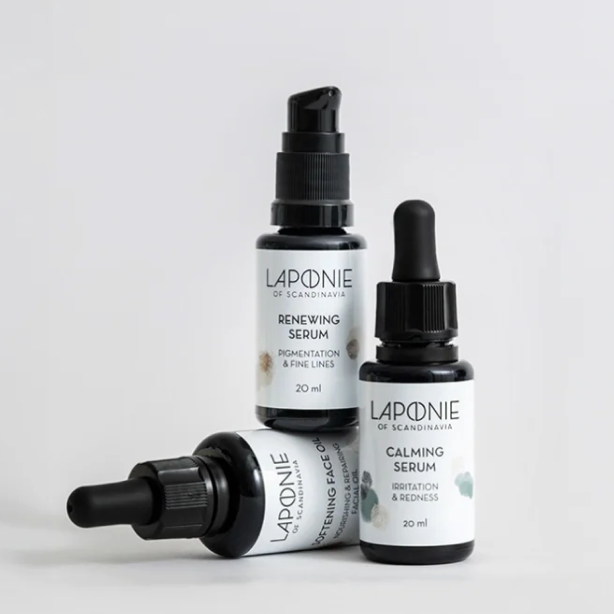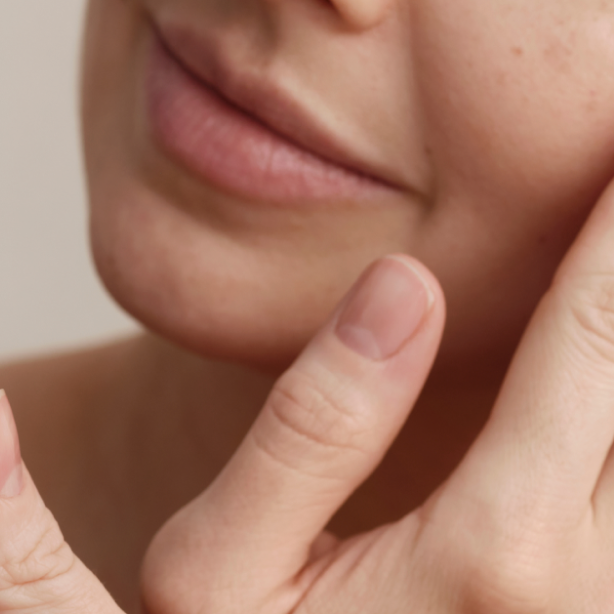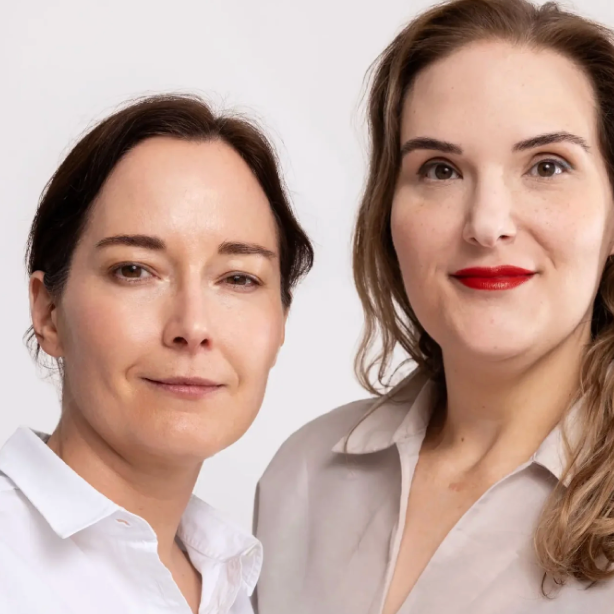
Laponie (L): What is rosacea from a dermatological point of view?
Marika Schröder (MS): Rosacea is more common among women but a lot of men suffer from it as well. It affects only the face, and typically occurs at 30 to 50 years of age. A sudden blotchy facial flush is a typical first symptom of rosacea, which also causes redness, swelling and over time might lead to permanently dilated blood vessels. A rosacea flush usually occurs longer than physiological blushing. Rosacea is not curable, but treatment usually improves symptoms.
Rosacea is divided into four subtypes, and patients may have more than one.
L: How is rosacea diagnosed?
MS: Rosacea is diagnosed based on the patient’s medical history and clinical picture. The symptoms might be only red pimples as in acne. Visible capillaries on the cheeks and/or nose are common but not mandatory, and sometimes also on the forehead. Redness may come and go, often in the form of flushing on cheeks, forehead and nose. Sometimes patients experience strong subjective symptoms such as tightness in the skin as well as a burning sensation.
L: What are the root causes of rosacea?
MS: Rosacea is an internal diseases, with a multitude of underlying causes. It’s often genetic, and a large number of cases might be found in the patient’s immediate family. The root cause for rosacea is unknown, but as said, there may be a genetic component. Hot drinks, alcohol, strong spices, sunlight and sauna may all aggravate flush symptoms. Cortisone ointments for treating e.g. eczema and psoriasis may trigger rosacea-like symptoms on the face. For rosacea, maintenance treatment can prevent exacerbation.
L: What are the most common treatments for rosacea?
MS: Treatment is chosen according to the patient’s subtype and severity of the disease.
For rosacea, the same oral treatments apply as for acne, i,e, in the case of more severe forms, oral antibiotics, isotretinoin and contraceptive pills are prescribed. Topical treatments differ; topical ivermectin, azelaic acid creams and brimonidine have shown results.
L: What type of skincare products rosacea patients use?
MS: As a general guideline, products which don’t clog pores or irritate skin. For rosacea, it’s also especially important to use sunscreen.
Marika Schröder (MD, PhD) is a Finnish specialist in dermatology with years of experience diagnosing and treating skin cancer and skin diseases, working both surgically and with laser. Dr Schröder is interested in aesthetic skin procedures and has in-depth knowledge of new treatment forms for acne and rosacea. She heads the Skin and Aesthetics Division at Pihlajalinna Hospital in the area of Helsinki. Pihlajalinna is one of Finland’s leading providers of social and healthcare services.



